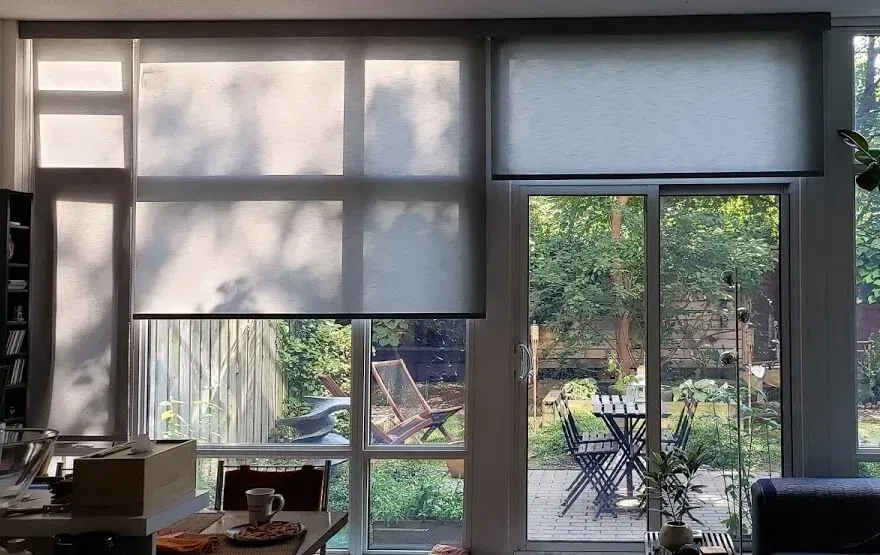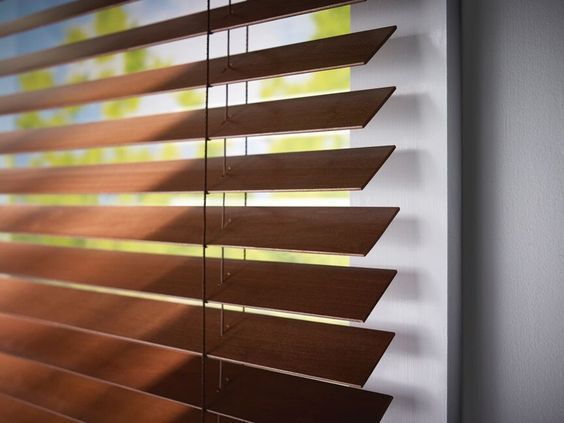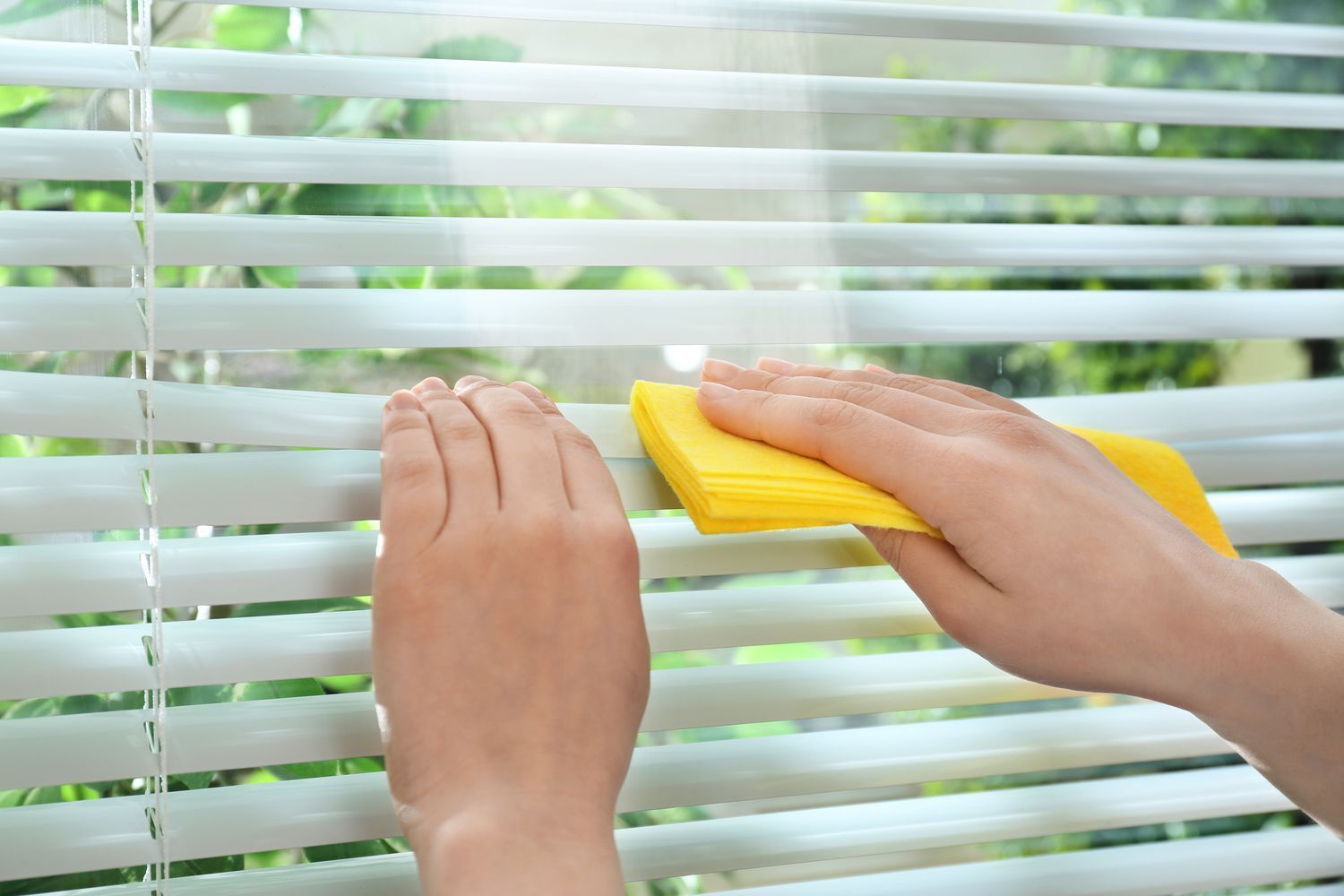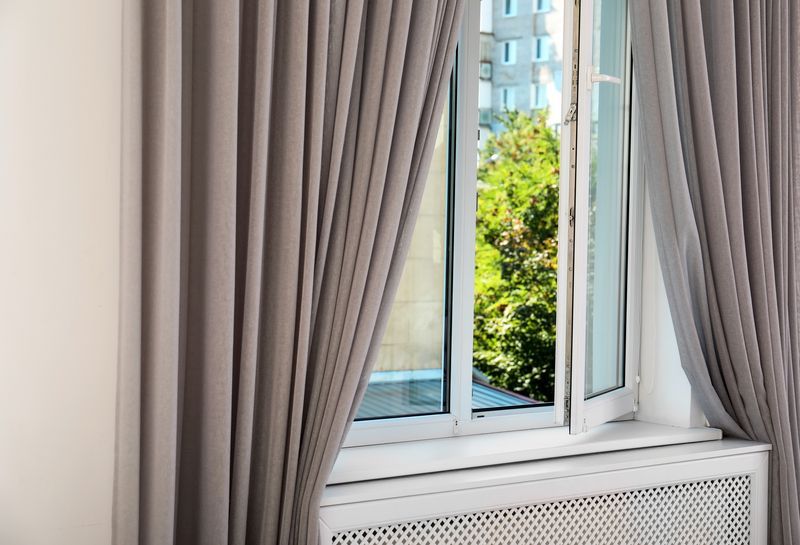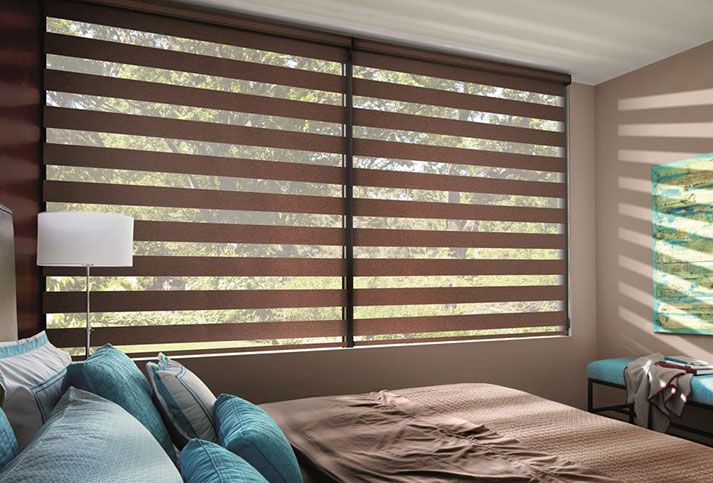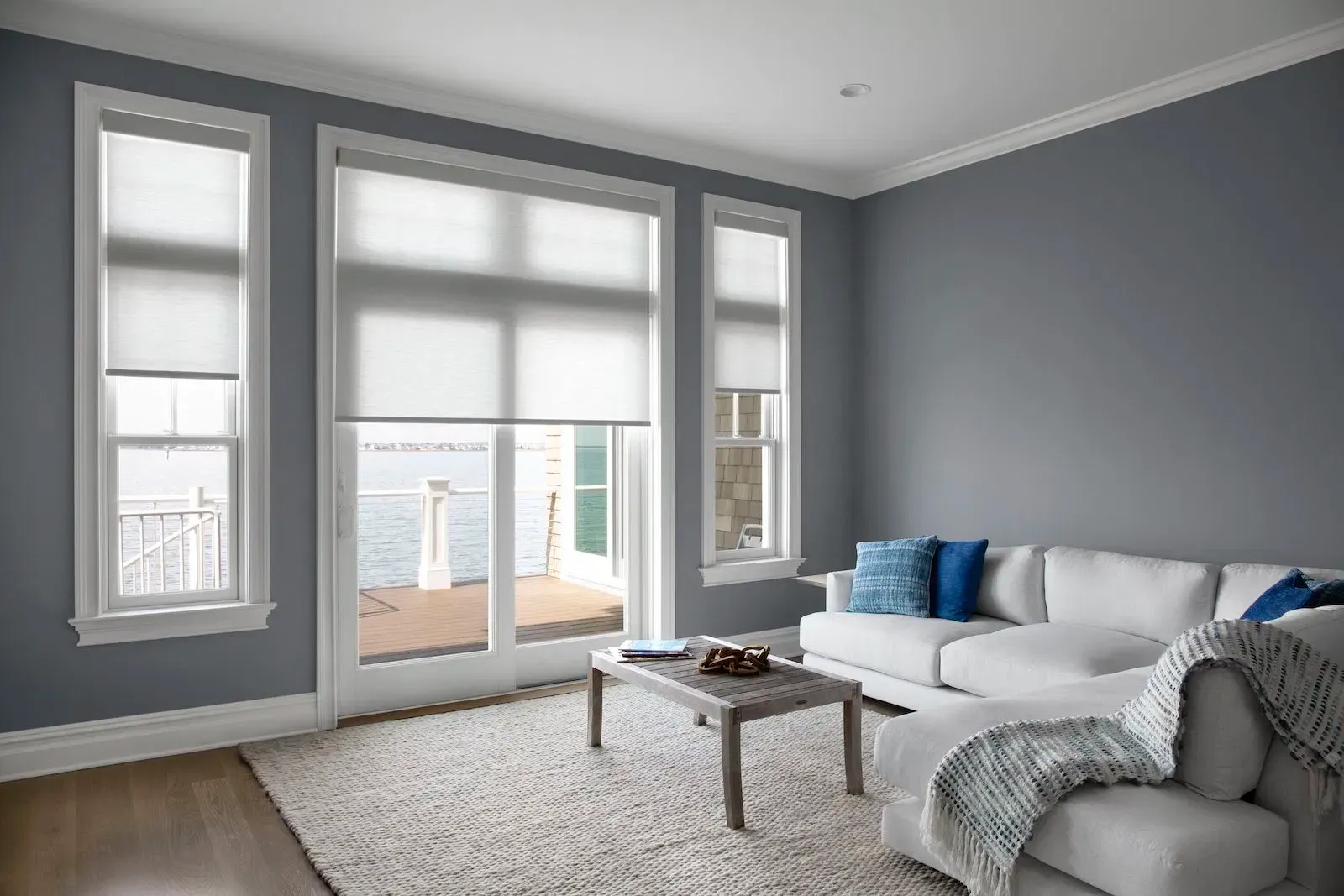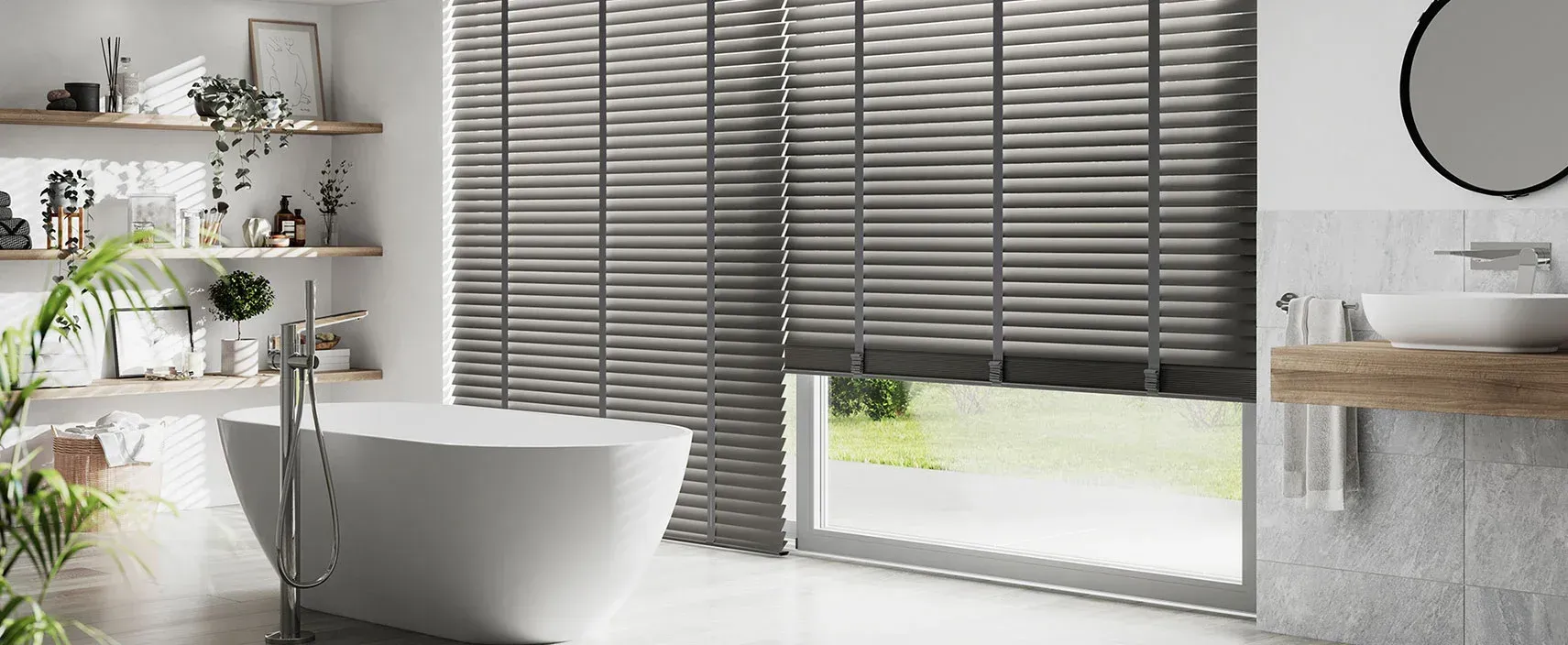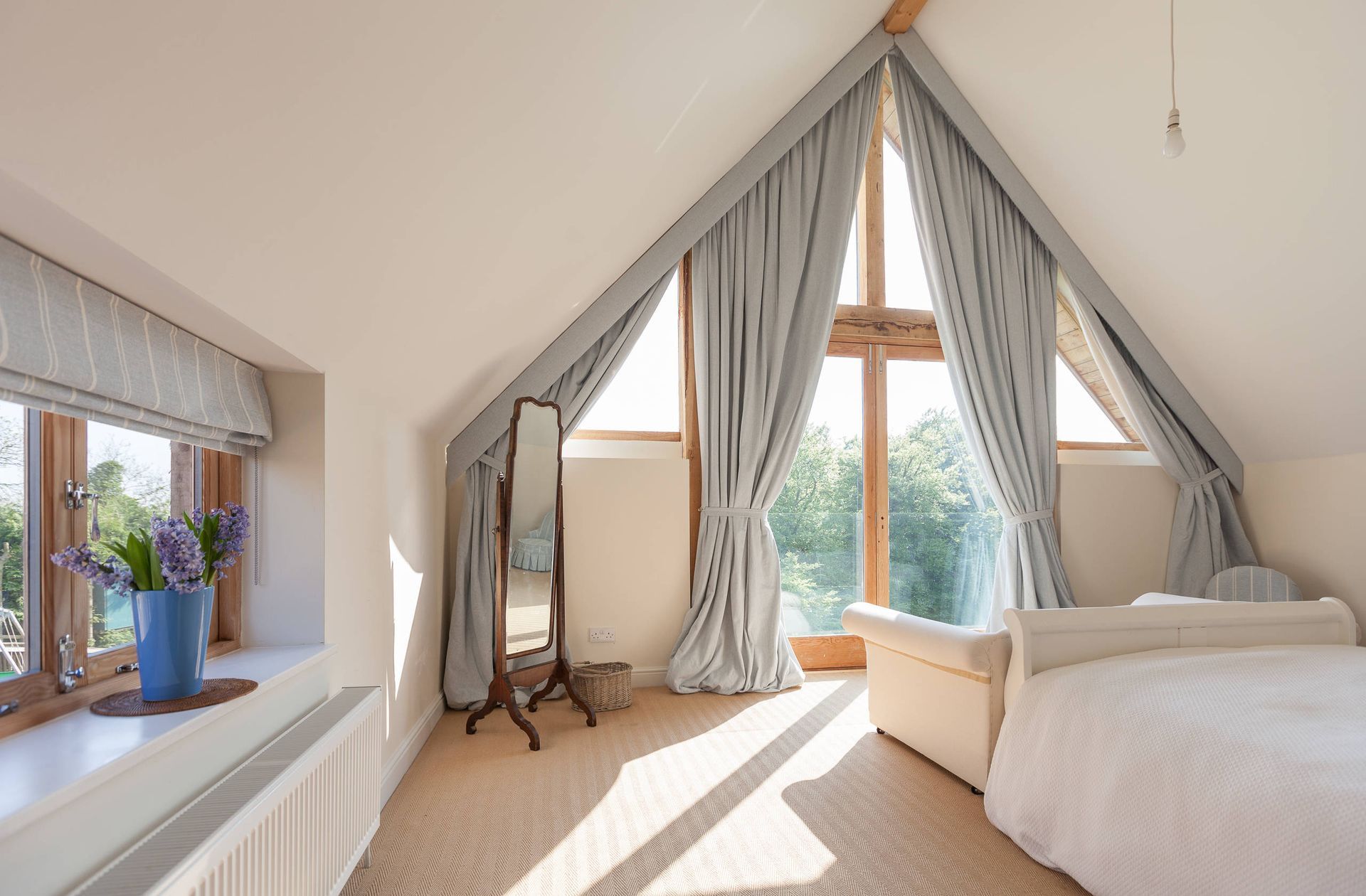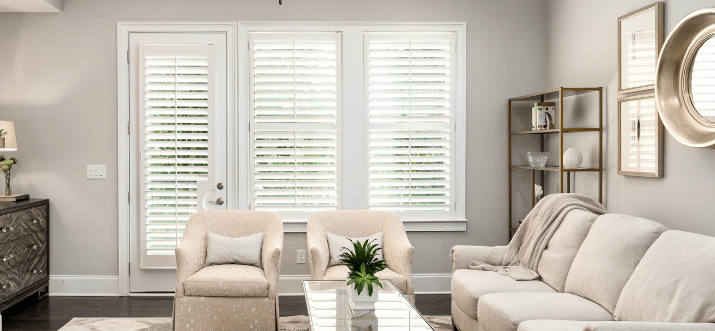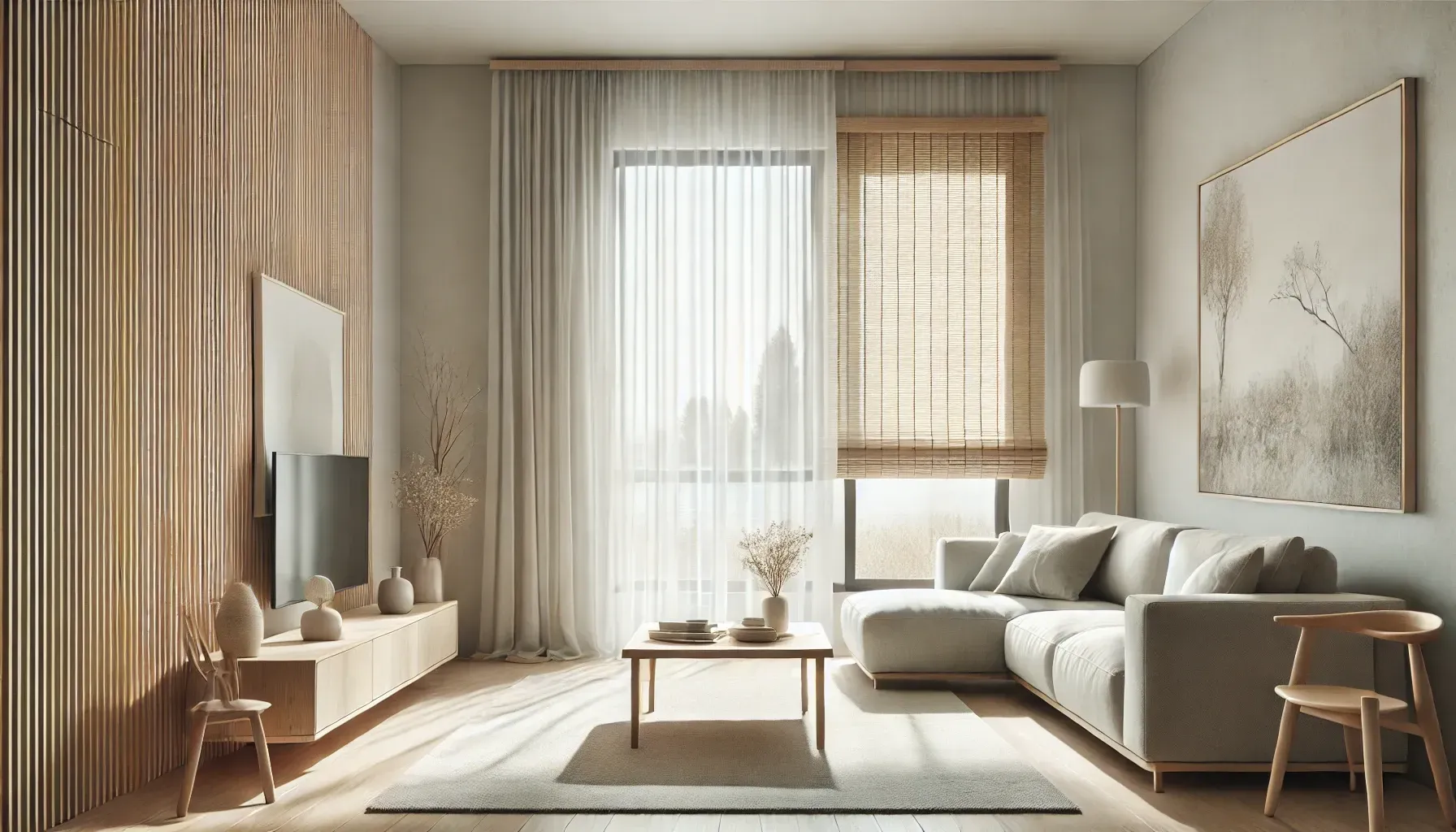Vinyl vs Aluminum Blinds: Which Window Covering is Better?
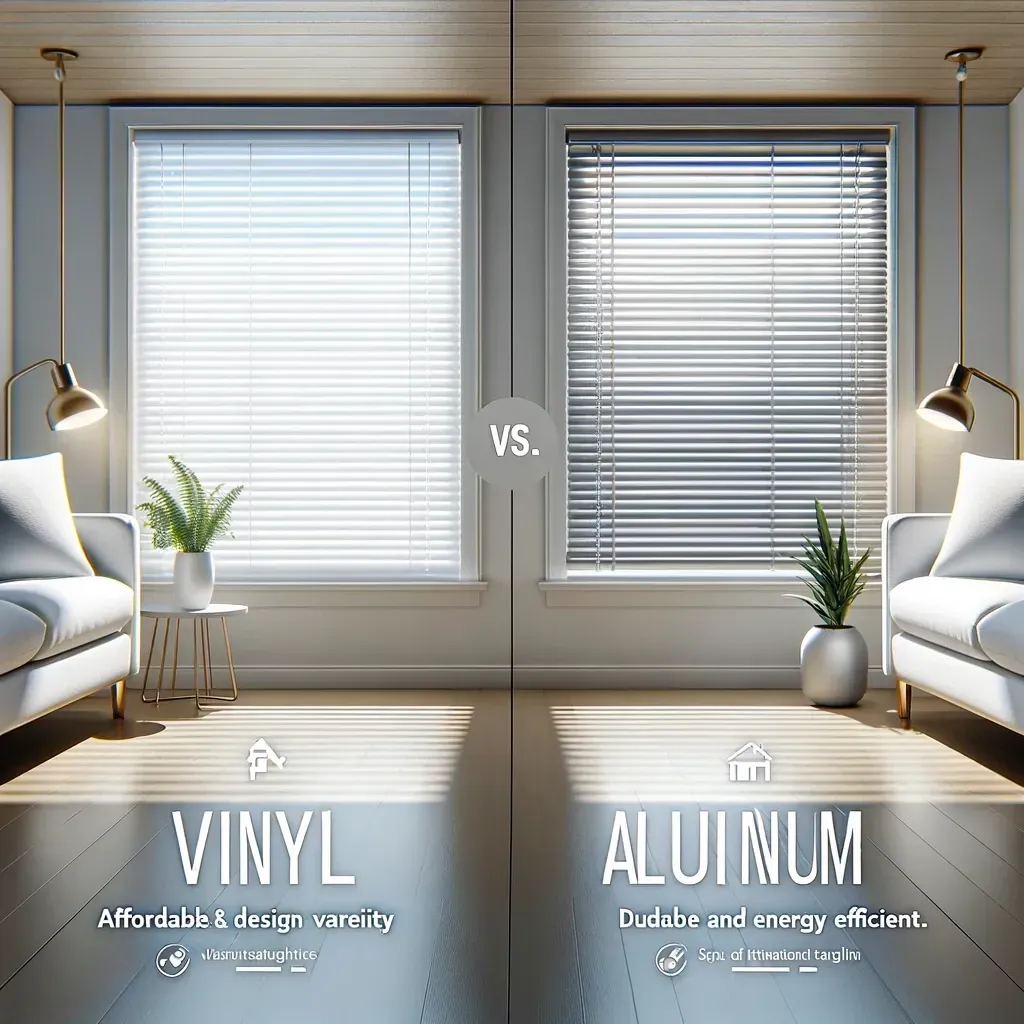
When choosing window blinds, two popular materials often come into play: vinyl and aluminum. Each has its unique set of benefits, so how do you decide which is the better option for your home or office? In this guide, we’ll break down the key differences, providing insights into which type of blinds might be the best choice for your needs.
What Are Vinyl and Aluminum Blinds?
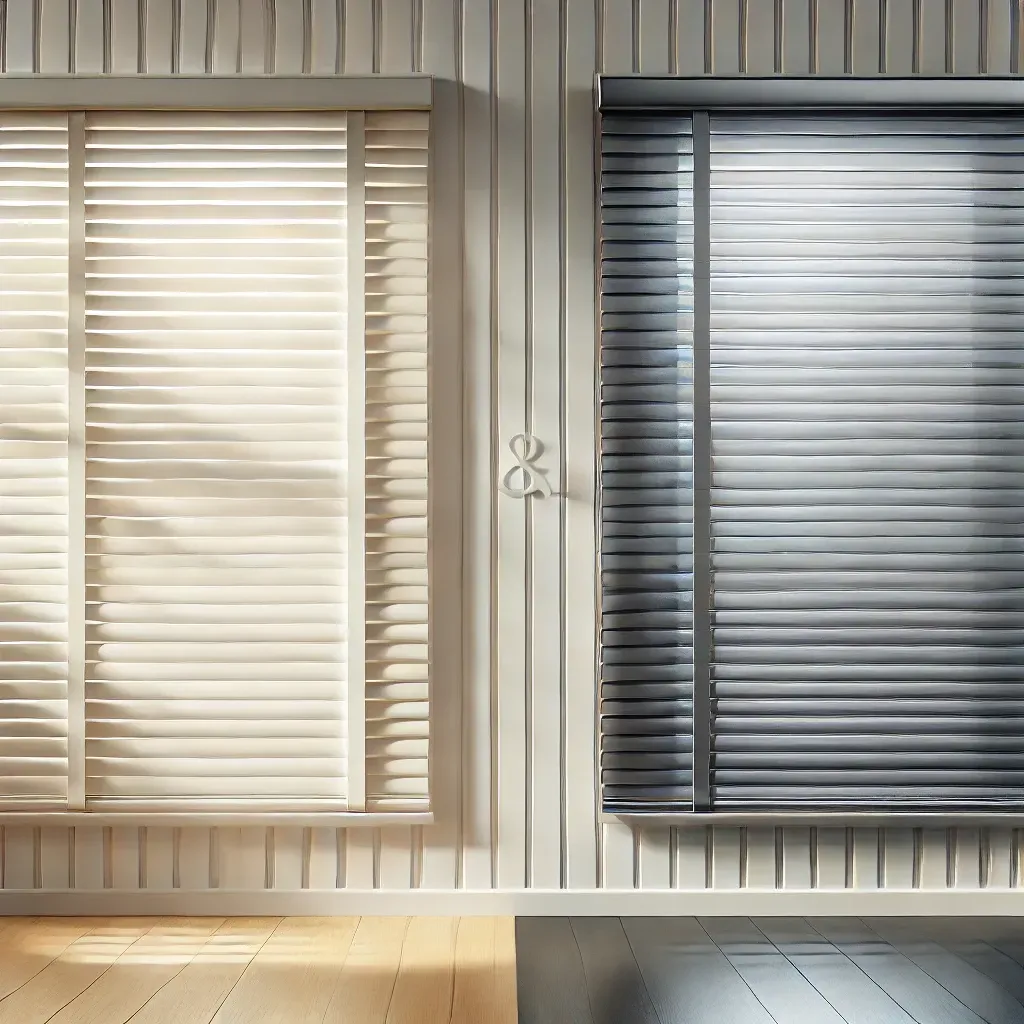
Vinyl blinds
are made from PVC (polyvinyl chloride), a type of durable plastic. Known for being budget-friendly and moisture-resistant, they are a great option for high-humidity areas such as kitchens and bathrooms. Vinyl blinds also offer a wide range of colors and textures, providing flexibility in design.
Aluminum blinds
are made from lightweight metal and are often preferred for their durability, energy efficiency, and sleek design. These blinds are typically used in modern home settings and are a popular choice for offices.
Key Differences Between Vinyl and Aluminum Blinds
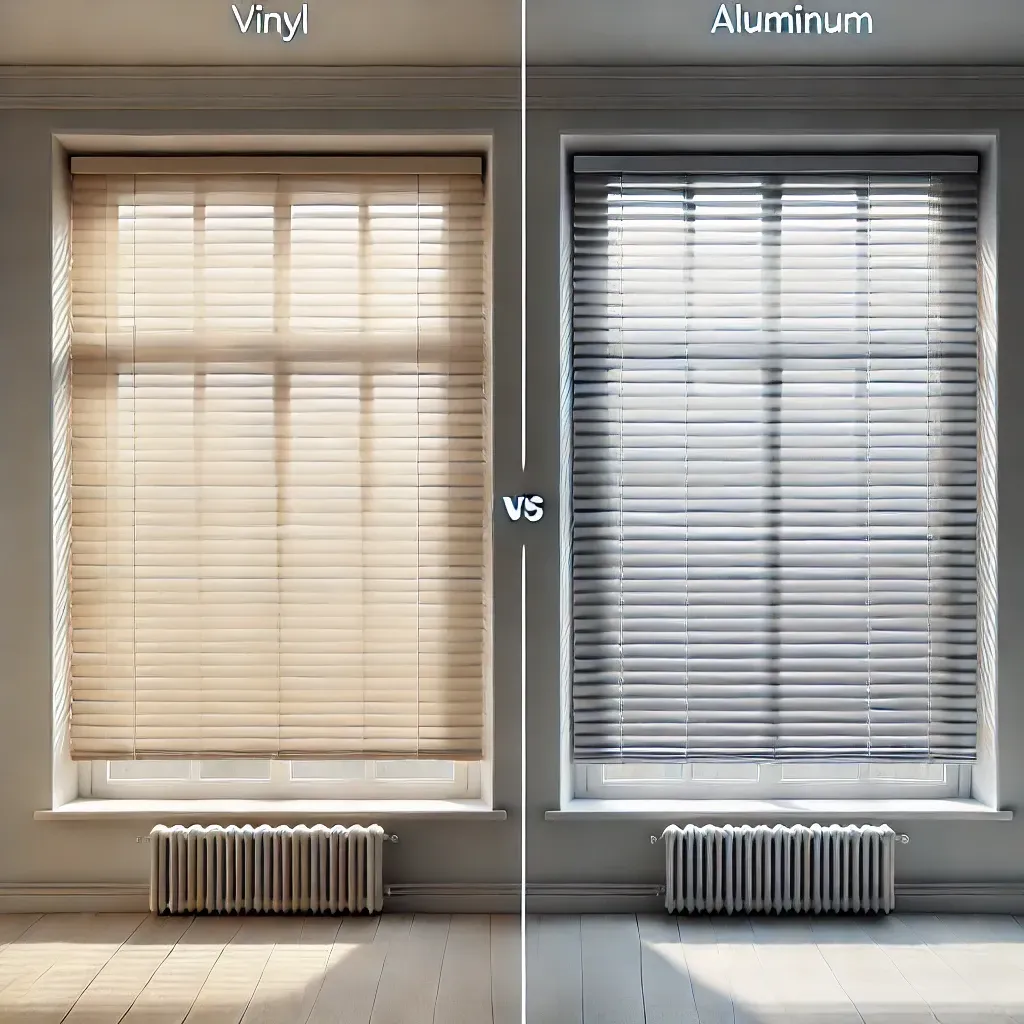
Durability: Aluminum Blinds Are the Clear Winner
Aluminum blinds are generally more durable than vinyl blinds. They resist dents and scratches better, making them an excellent choice for long-term use. Vinyl blinds, while sturdy, are more prone to bending or warping, especially in extreme heat.
- Aluminum blinds: Stronger, more resistant to damage, and can last longer.
- Vinyl blinds: May bend or warp over time, especially under harsh conditions.
Energy Efficiency: Aluminum Blinds Reflect Heat More Effectively
When it comes to energy efficiency, aluminum blinds take the lead. They reflect sunlight more effectively than vinyl blinds, helping keep rooms cooler in the summer. Vinyl blinds, on the other hand, tend to absorb heat, which may lead to warmer interiors.
- Aluminum blinds: Better at reflecting sunlight, leading to cooler rooms in the summer and potentially warmer rooms in the winter.
- Vinyl blinds: Absorb more heat, making them less energy-efficient than aluminum blinds.
Appearance: Vinyl Blinds Offer More Design Flexibility
If aesthetics are your priority, vinyl blinds might be the better option. Vinyl blinds come in a wide variety of colors, textures, and finishes, giving you greater flexibility in designing the look of your space. Aluminum blinds typically have a more minimalist, modern appearance and are usually available in fewer color options.
- Vinyl blinds: A wider variety of colors and textures to match any design.
- Aluminum blinds: Sleek, minimalist look with limited color options.
Cost: Vinyl Blinds Are More Affordable
Vinyl blinds are often the more budget-friendly option. If you’re looking to cover multiple windows without breaking the bank, vinyl is an economical choice. Aluminum blinds, while slightly more expensive, offer added benefits like durability and energy efficiency, making them worth the investment for some buyers.
- Vinyl blinds: Generally less expensive, ideal for budget-conscious homeowners.
- Aluminum blinds: Slightly higher cost, but offers long-term savings through durability and energy efficiency.
When to Choose Vinyl Blinds
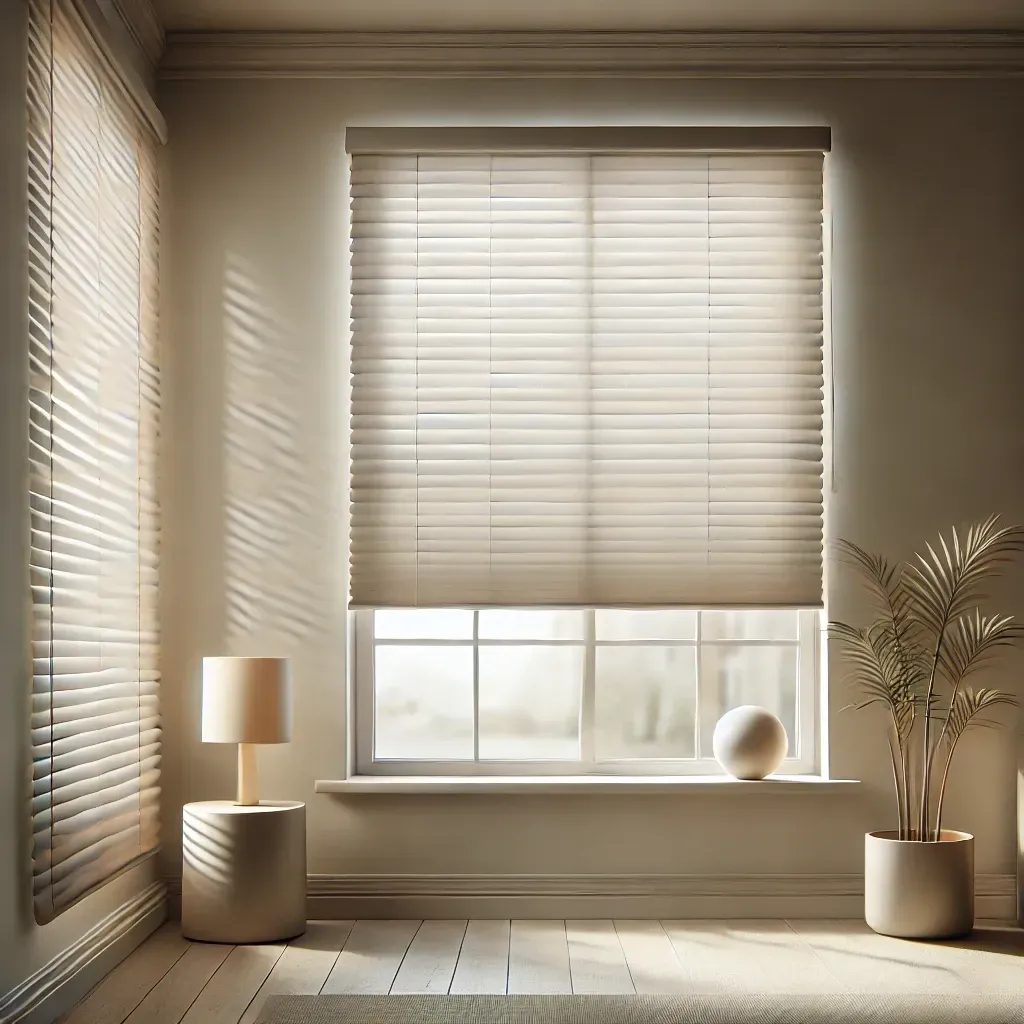
- Budget-friendly option: Vinyl blinds are an excellent choice if you're looking for an affordable solution to cover multiple windows.
- Design flexibility: With a wide variety of colors, textures, and finishes, vinyl blinds provide more opportunities to match your home’s decor.
- Softer, more flexible material: Vinyl blinds are ideal for homes where children or pets may interact with the blinds, as the material is softer and less prone to injury.
When to Choose Aluminum Blinds
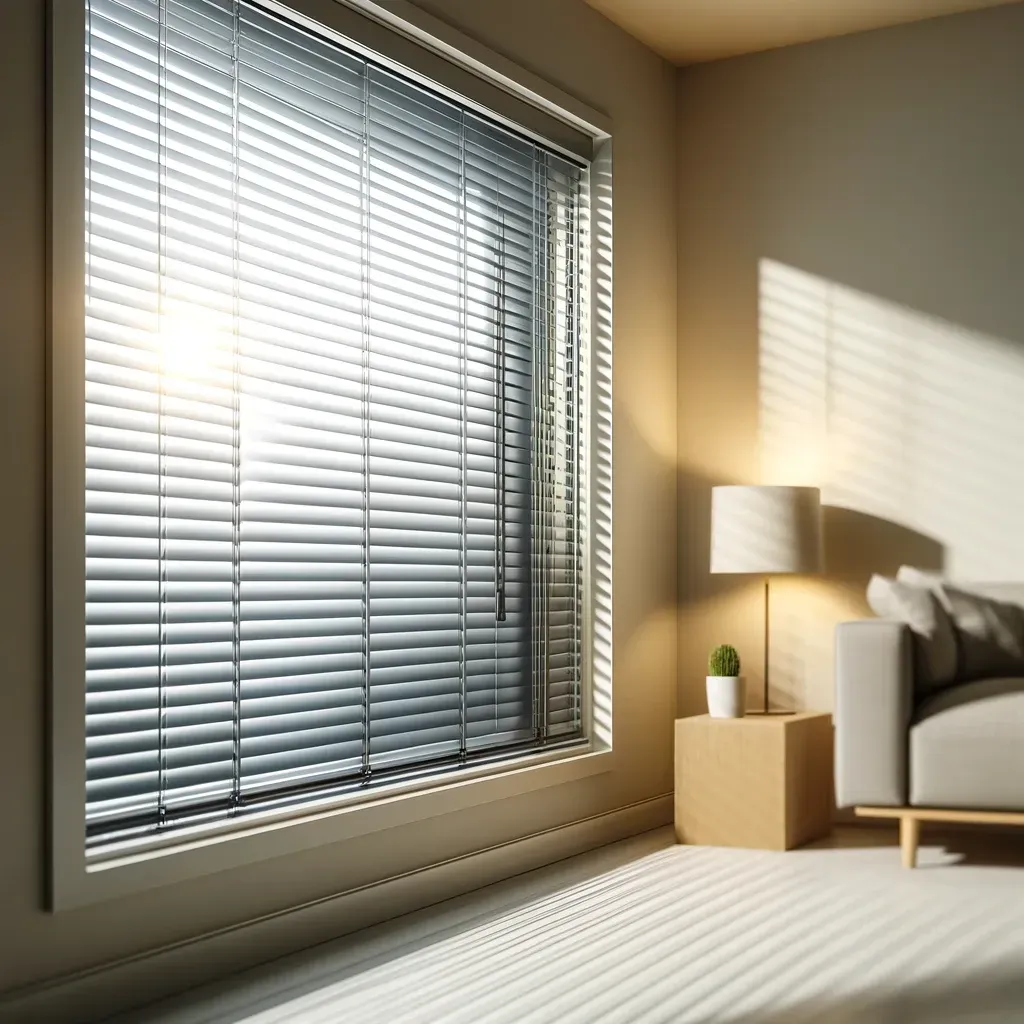
- Prioritize durability and longevity: If you're looking for blinds that will withstand the test of time, aluminum blinds are the stronger, more resilient option.
- Better energy efficiency: Aluminum blinds’ ability to reflect sunlight means they can help regulate room temperature more effectively, keeping rooms cooler in the summer and warmer in the winter.
- Sleek, modern aesthetic: If you’re after a minimalist, modern look, aluminum blinds are your go-to choice.
Vinyl vs Aluminum Blinds: Pros and Cons
Vinyl Blinds
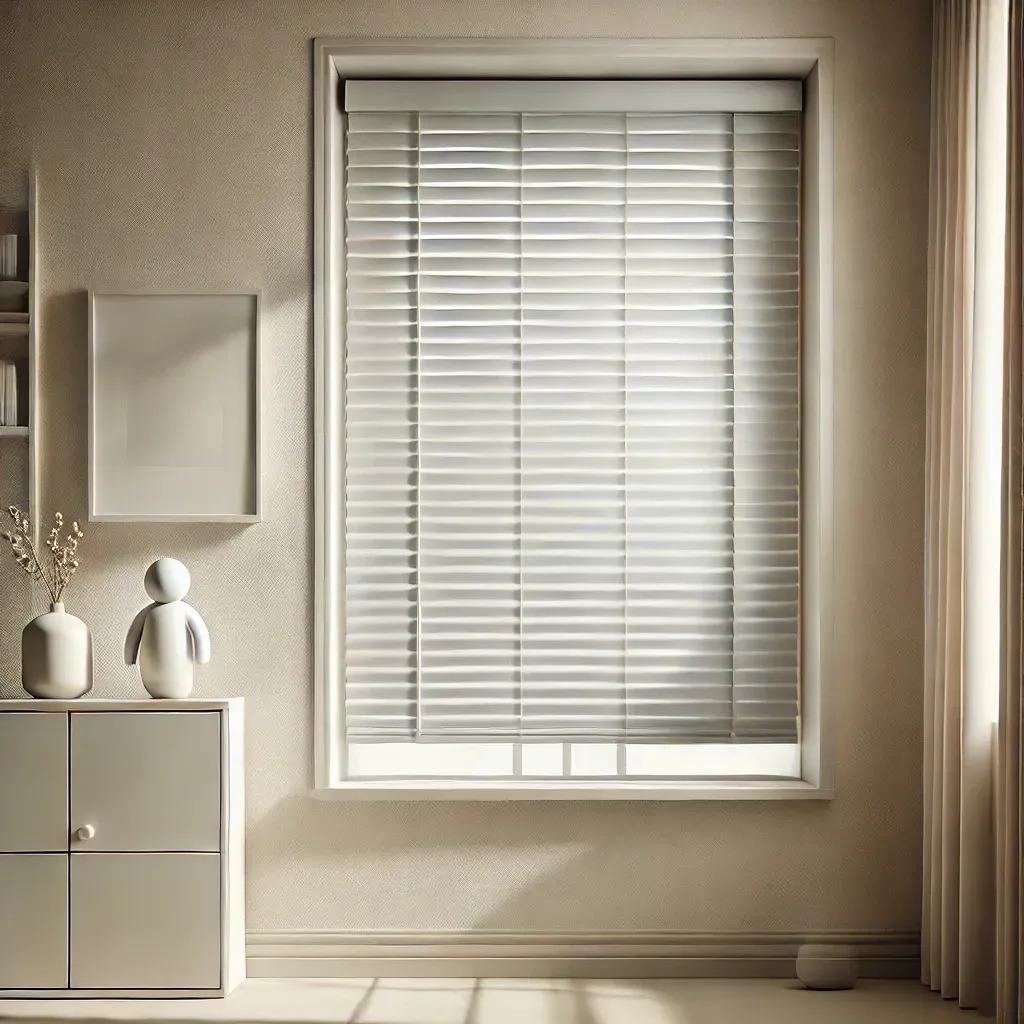
Pros:
- Affordable
- Wide range of design options
- Moisture-resistant and easy to clean
- Softer, more flexible material
Cons:
- Less durable than aluminum
- Absorbs heat, less energy-efficient
- May warp or bend under extreme conditions
Aluminum Blinds
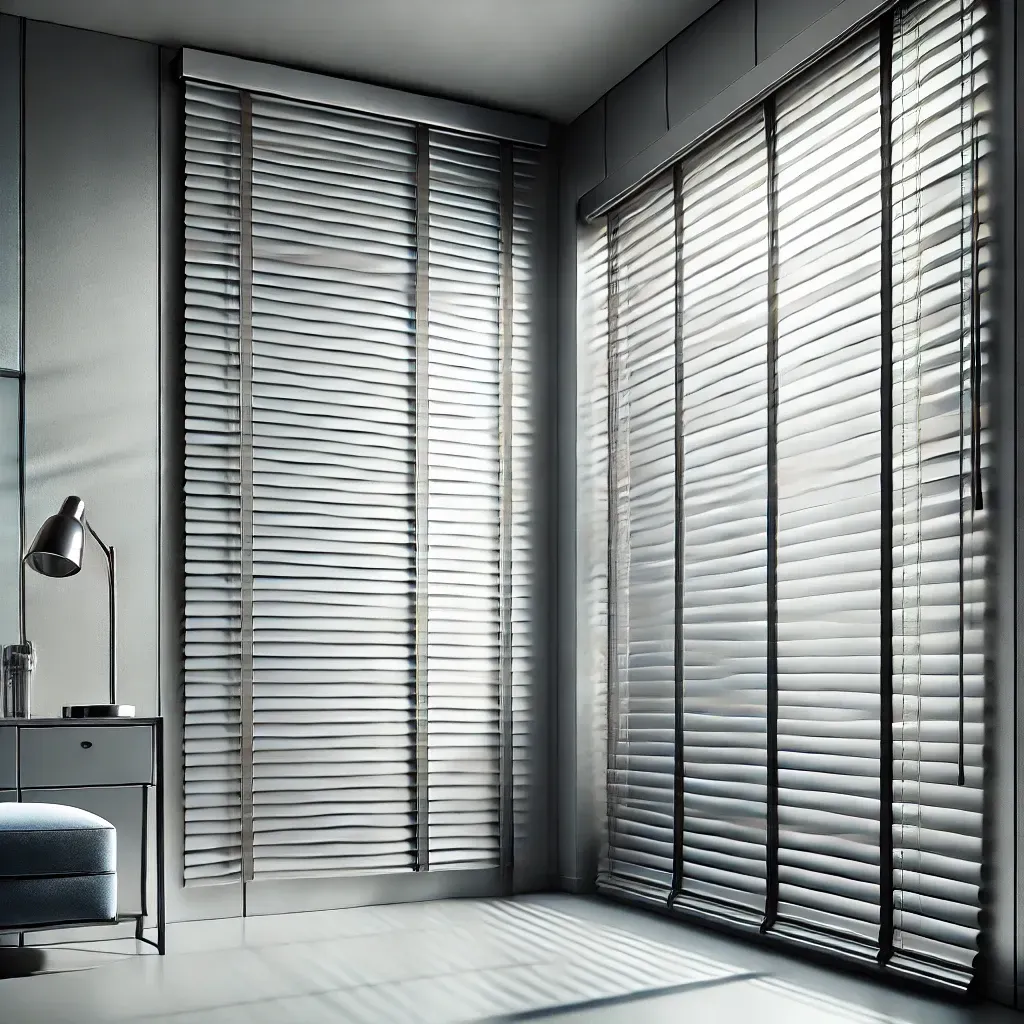
Pros:
- Stronger and more durable
- Reflects sunlight, improving energy efficiency
- Resistant to dents and scratches
- Sleek and modern design
Cons:
- Typically more expensive than vinyl
- Limited color options
- Can be noisier when adjusting or moving
Which Blinds Are Better?
When comparing vinyl vs aluminum blinds, both have their strengths and weaknesses. Your decision ultimately depends on your specific needs:
- Choose vinyl blinds if you're looking for an affordable, design-flexible solution with moisture resistance, perfect for spaces like kitchens and bathrooms.
- Choose aluminum blinds if you prioritize durability, energy efficiency, and a sleek, modern look for your home or office.
By understanding the key differences and the advantages of each material, you can make a well-informed decision that fits your space, budget, and style.

